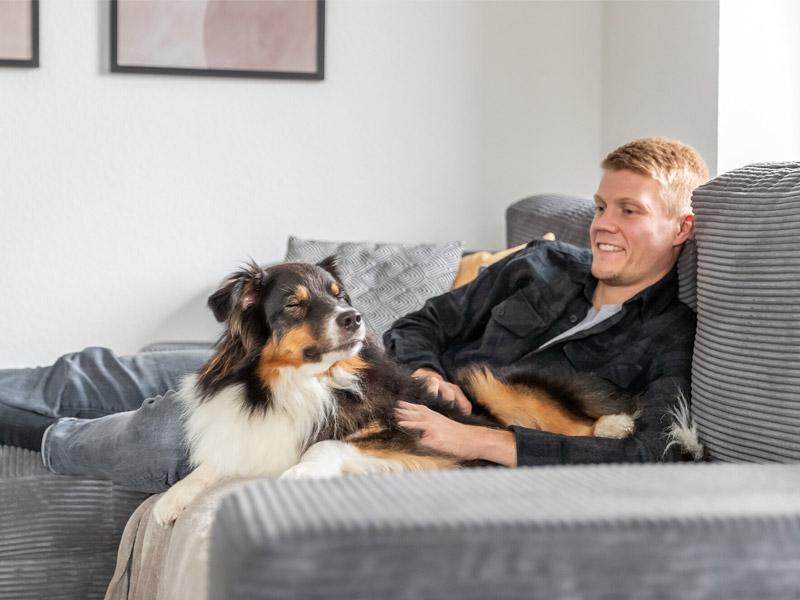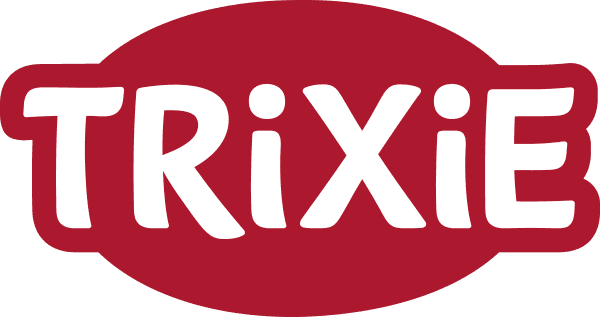Our environment is not an ashtray – what can be done against the masses of cigarette butts?
TRIXIE supports maritime protections projects with the sales from the series BE NORDIC. In 2020, the focus is on cigarette butts. The start was a “Conference on Cigarette Butts“ in Kiel on 6 March 2020, where scientists, organizations and action groups presented impressive figures and alarming facts.
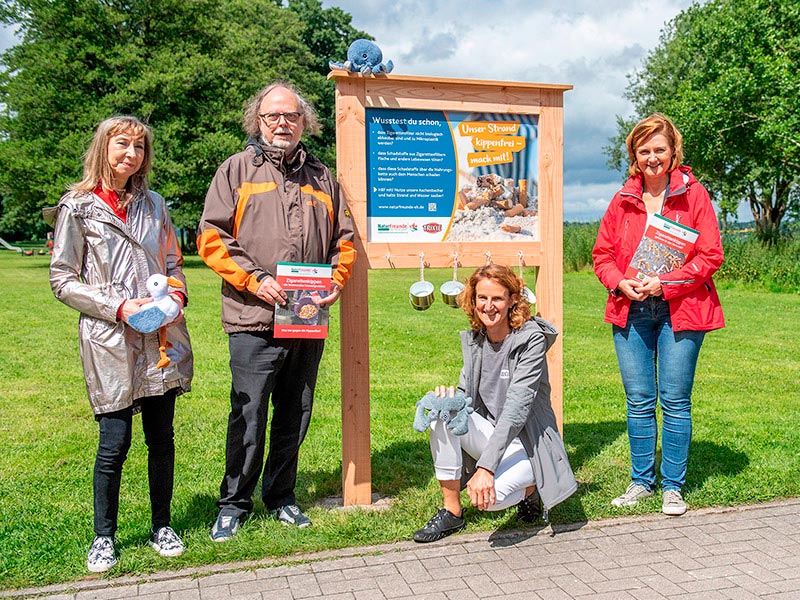
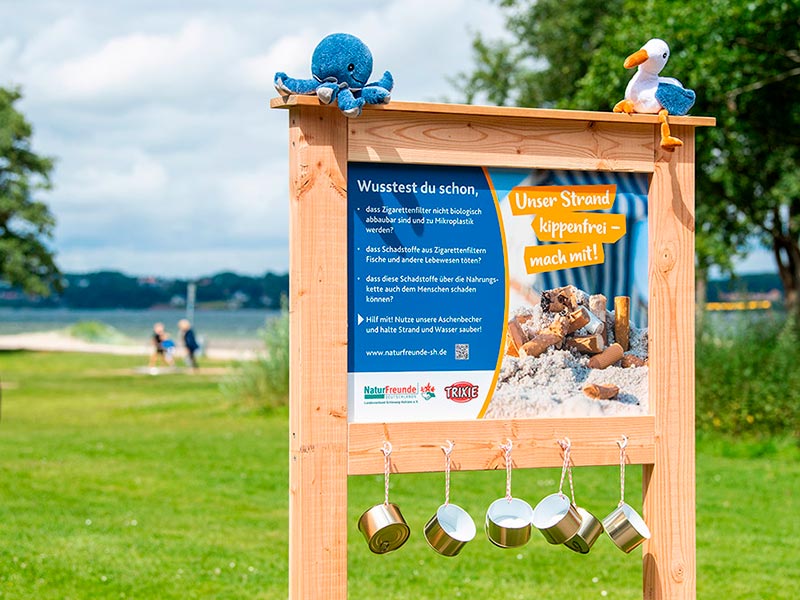
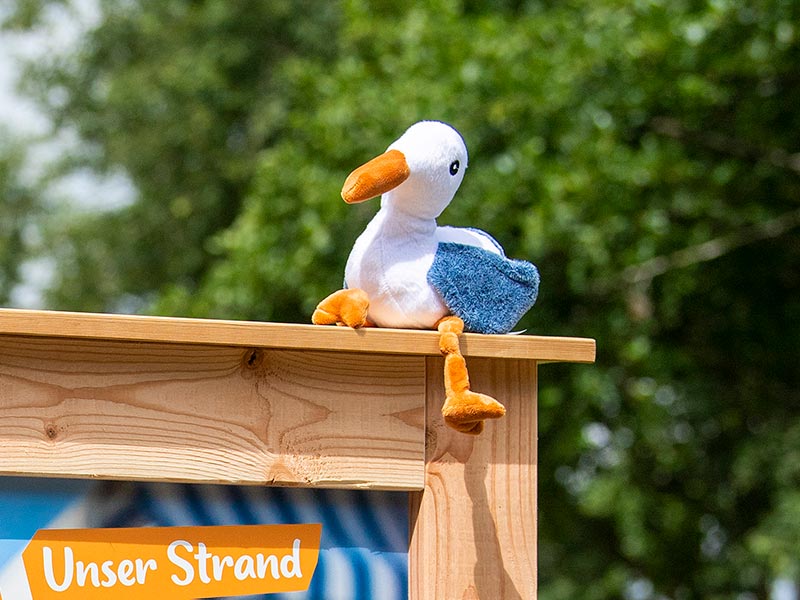
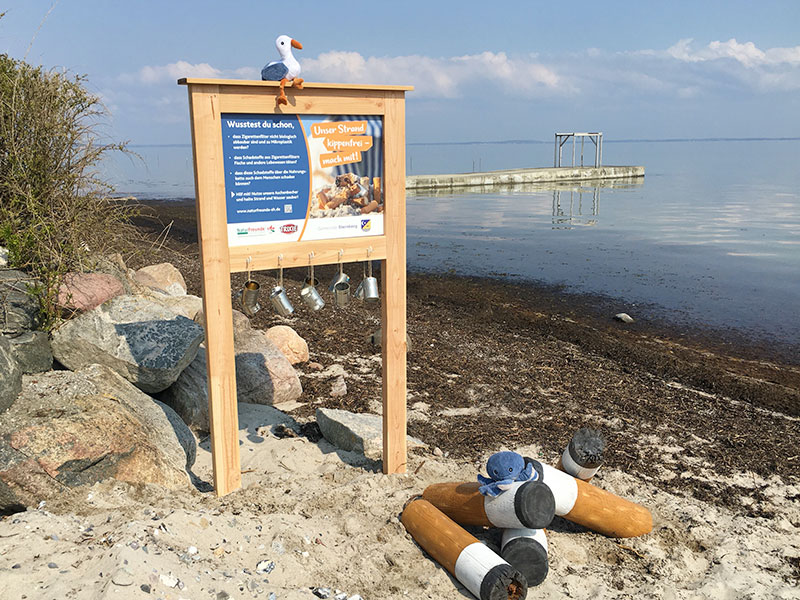
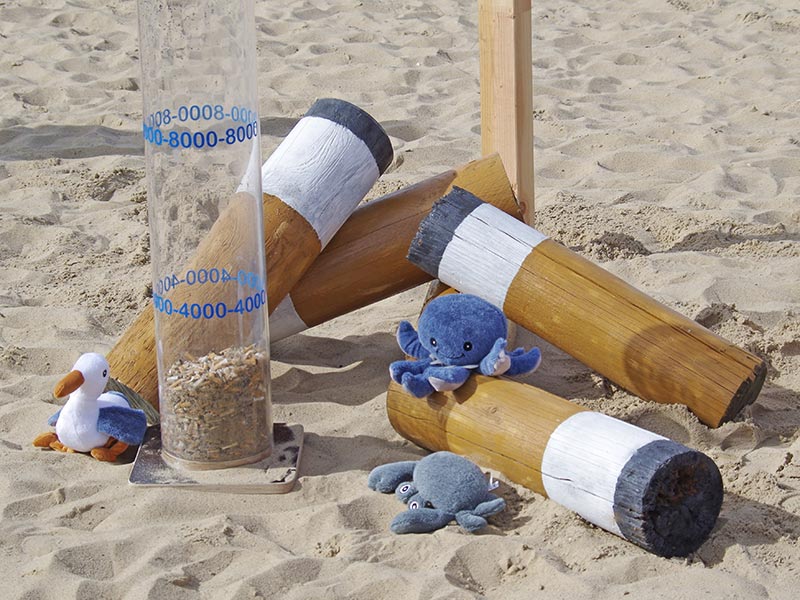
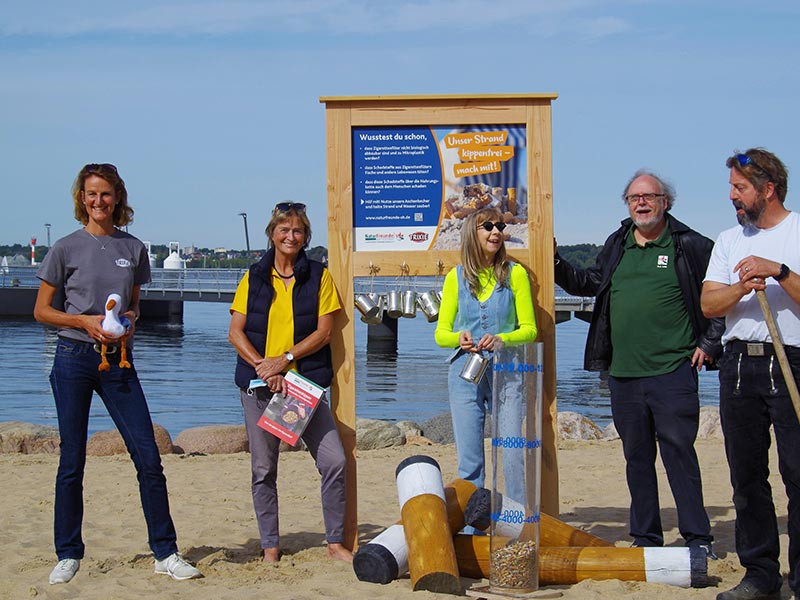
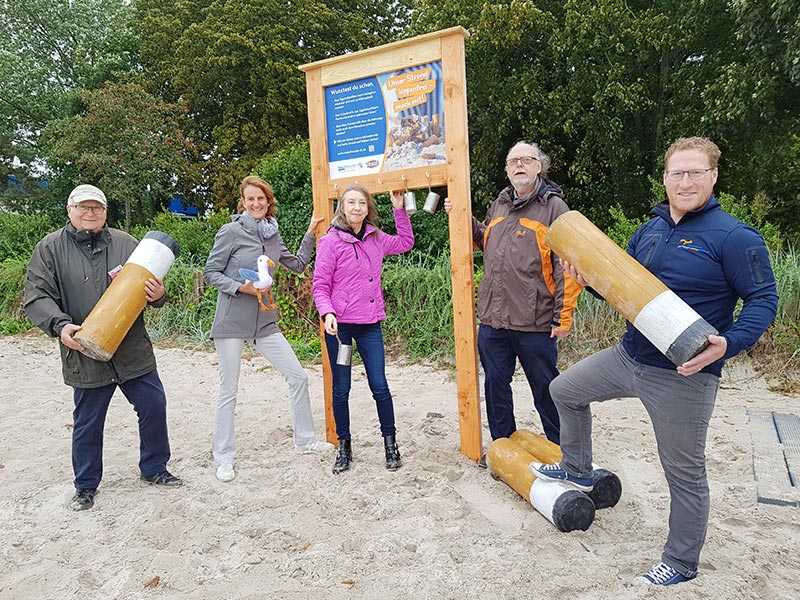
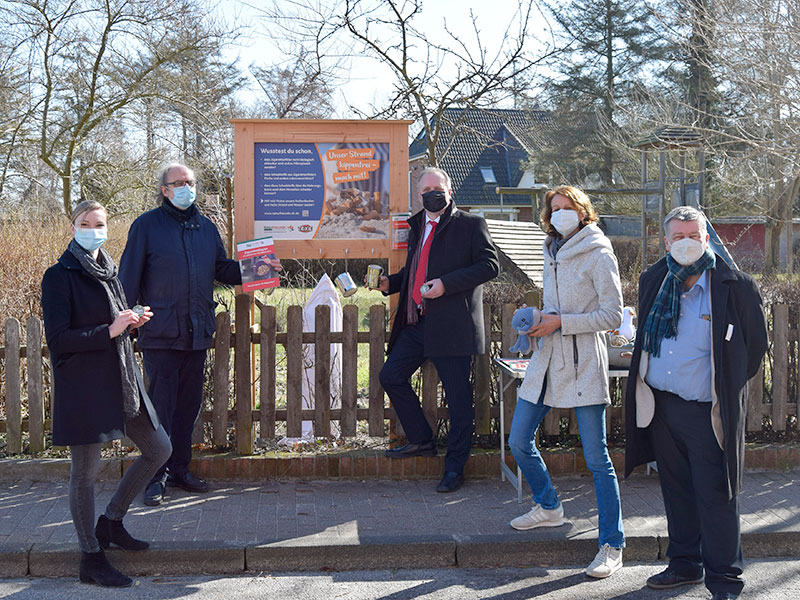
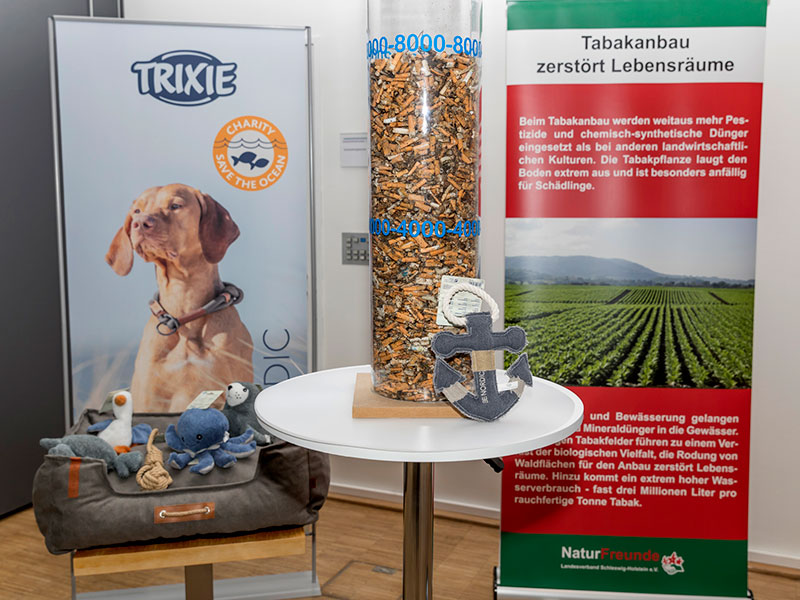
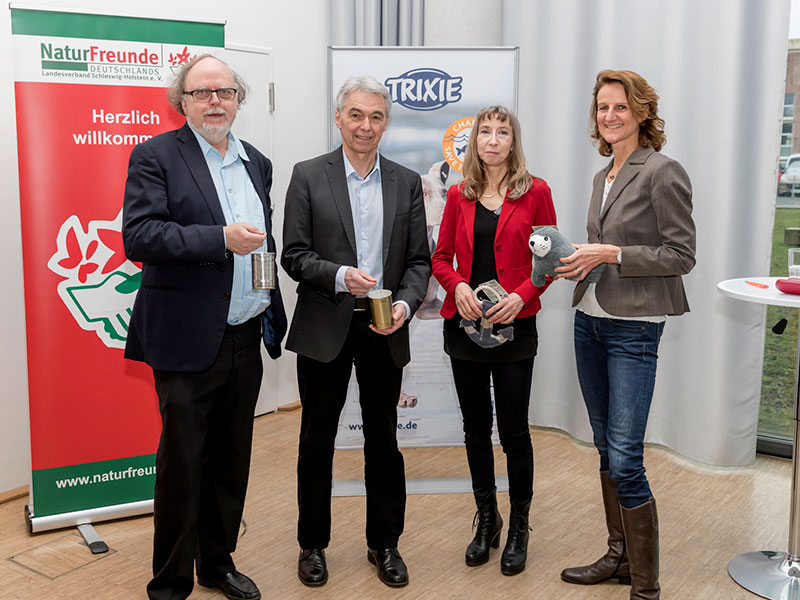
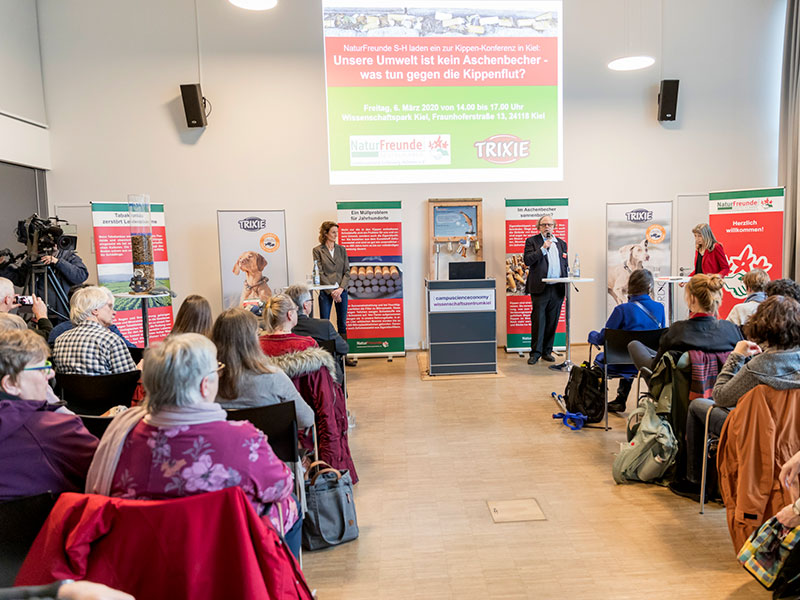
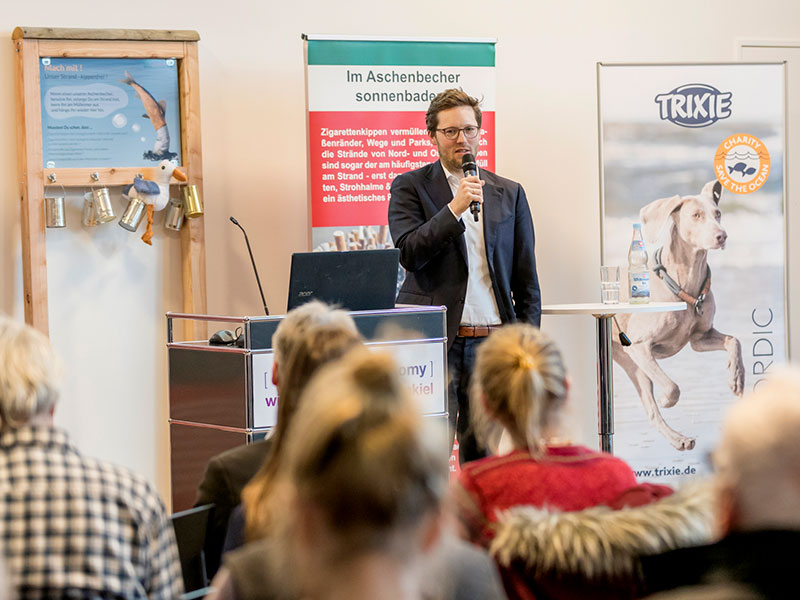
Poison for the environment
The harmless-looking little filters contain more than 4,800 chemical substances, 200 of which are considered poisonous and 50 of which are considered carcinogenic. Particularly in combination with water, these toxic substances leak out quickly and endanger animals and environment. More than 2/3 of the about 10 billion cigarettes smoked worldwide per day end up on the ground.
The conference organized by the association NaturFreunde (Friends of Nature) Schleswig-Holstein and financed by TRIXIE was an appropriate platform to discuss approaches to solutions. Along with Jan Philipp Albrecht, Schleswig-Holstein’s Environment Minister, Prof. Dr. Edmund Maser, Head of the Institute of Toxicology at Kiel University and Dr. Anja Thielen from the Federal Association of Tobacco Industries, Environment Svenja Schulze joined the conference via video message.
A more stringent regulatory law, higher fines and better information were discussed along with a deposit system, prohibiting smoking on beaches, more ashtrays in public spaces and the tobacco industry paying for the disposal costs.
Finally, everyone agreed that in the first place, all smokers are compelled to dispose of their “highly toxic waste“ correctly and not simply discard the butts into nature.
Signs educate
In order to repeatedly sensitise smokers in particular to the fact that cigarette butts in nature are a serious problem, signs have been produced and will be installed on northern German beaches.
"We don't want to ban smoking, but to point out that butts in the landscape are a huge environmental burden, because cigarette filters are not biodegradable". This is how Hans-Jörg Lüth, regional chairman of NaturFreunde Schleswig-Holstein, opened the inauguration of the sign campaign "Unser Strand kippenfrei - mach mit" (Our beach is butt-free - join in) on 24 July 2020 in Flensburg Solitüde.
Flensburg's mayor Simone Lange also supports the campaign and pleads for a social rethink in dealing with butts.
The prominent signs not only educate, they also provide the solution: "beach ashtrays" made of used cans, in which the butts are collected and disposed of when leaving the beach. The cans are hung back after use. Municipalities can apply to put up a sign. Several signs have already been requested.
